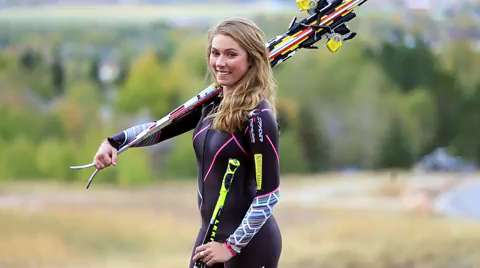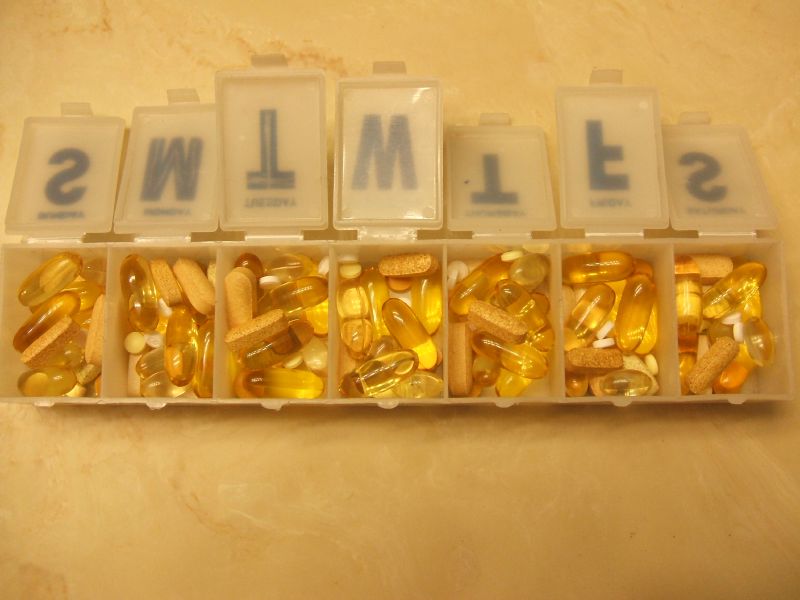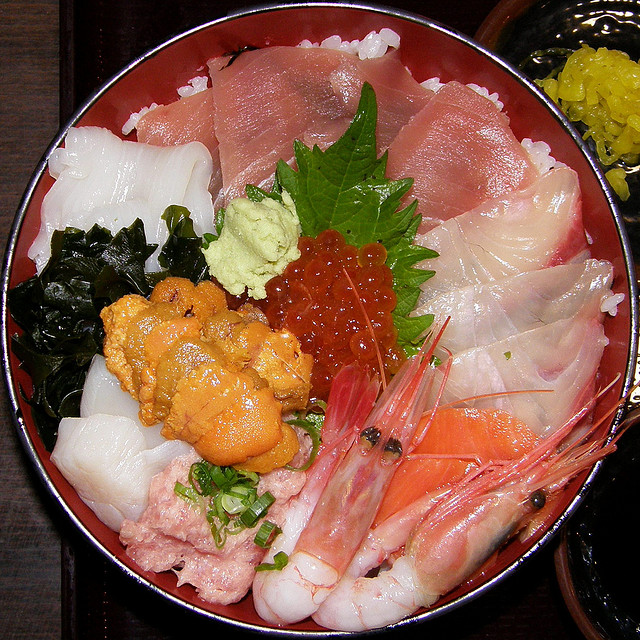SOCHI, Russia — The largest and most expensive Winter Olympic Games in history likely will be remembered for palm trees, reminders of Cold War tensions between the United States and Russia and high-flying flips in new events that offer X Games thrills.
Much is at stake for Russian president Vladimir Putin, who has made these Olympics his baby. From the outset, Putin has been heavily involved, from lobbying the International Olympic Committee to bring the Games to Russia to inspecting construction sites, testing the facilities and meeting with athletes arriving this week. Putin said he hopes hosting such a large-scale event gives the world “a better feel of today’s Russia.”
Spectators — near and far — will get their first glimpse of that vision during Friday’s Opening Ceremony.
SHIFFRIN: Poised to be USA’s Sochi headliner
GOLD: Teen could seize USA’s skating throne
The medal count race could be intriguing. Without injured skiing star Lindsey Vonn and with speedskater Apolo Anton Ohno in retirement, the U.S. team will have to stretch to finish atop the overall medal count as it did at the 2010 Vancouver Olympics, when it won a whopping 37 medals. It was the first time the Americans claimed the overall medal count in the Winter Games since 1932 in Lake Placid.
The U.S. Olympic Committee doesn’t offer a medal projection, but “we come in these Games in a really good place,” said Alan Ashley, the USOC’s chief of sport performance.
Here’s why:
- Teen sensations Mikaela Shiffrin, an 18-year-old ski racer and favorite for slalom gold, and Gracie Gold, an 18-year-old figure skater, are poised to become must-see TV.
- Shaun White is driven to retain his halfpipe reign and make history with a third gold medal, while speedskater Shani Davis has a parallel goal — a chance to win his third consecutive gold in the 1,000 meters.
- Then there’s old man Bode Miller, who at 36 is competing in his fifth Olympics, peaking at absolutely the right time to add to his five Olympic medals. He’s also looking to redeem his reputation once and for all from the 2006 flameout, where he was criticized after he boasted of partying “at an Olympic level” and won no medals on the slopes of Sestriere, Italy, though he did return to claim three medals at the Vancouver Games in 2010.
VIDEO: MEET MIKAELA SHIFFRIN

With 12 new events, the Sochi Games will be the largest in history. USA TODAY Sports projects the U.S. will win 40 medals, two fewer than Norway. The U.S. team has strong medal chances in several new events, including slopestyle skiing and snowboarding, halfpipe skiing and women’s ski jumping. Plus the Americans are contenders in sports that formerly have been an afterthought, most notably in cross country skiing, behind gold medal favorite Kikkan Randall of Alaska.
Skiing history in a subtropical Olympics? Why not?
SNOWBOARDING: Riders to root for not named Shaun White
SKIING: Bode Miller’s resurgence ramps up drama in downhill
Sochi will be the warmest city to host a Winter Games. This weekend, the temperatures forecast at the coastal venues range from 37 to 55 degrees. As for conditions in the mountains for the snow and ice events, the warm weather could be an issue. But temperatures were in the 20s on Thursday, and U.S. alpine skiers gave good reviews after their downhill training runs.
Though Sochi organizers cannot control the temperature, they can guarantee snow. Sochi boasts one of Europe’s largest snow-making systems, with more than 400 snow-making generators. They also can use stored snow from past seasons.
Fan support may be a concern, judging from the empty seats at figure skating’s inaugural team event. The cost of travel to Sochi, the scarcity of hotel rooms and security concerns may keep some travelers away.
Games at your fingertips
For Olympic fans in the United States, you can get your Sochi fix on the go. NBC Olympics will offer more than 1,000 hours of live streams on its website and the NBC Sports Live Extra app for tablets and mobile — provided you’re an authenticated cable, satellite or telecom customer.
Even then, that’s a lot of Olympics to keep an eye on. So welcome to Gold Zone, led by DirecTV Red Zone Channel host Andrew Siciliano and Golf Channel host Ryan Burr, where you’ll zip from coastal clusters to the mountains and back as the action rages for the next 16 days.
And for Sochi, NBC hopes to attract many figure skating fans with Olympic Ice, a 30-minute streaming show at 5:30 p.m. hosted by Russ Thaler and 2002 gold medalist Sarah Hughes. They’ll dissect the competition and decipher the drama.
Russian rebound?
After a dismal performance four years ago in Vancouver — 15 medals, including just three golds — Russia faces enormous pressure to succeed on home soil.
Russia’s most popular sports are hockey and biathlon, and no medal would mean more to the host nation than the one for men’s hockey. In 2010, the Russians were knocked out in the quarterfinals by Canada.
Said Russian women’s hockey player Alexandra Kapustina: “There is no ax lifted above our heads like it is with the men’s team. I sympathize with them.”
Figure skater Evgeni Plushenko took silver in Vancouver and has been Russia’s face of these Games. At 31 and coming off back surgery, it wasn’t clear if Plushenko would even compete until he performed his short program in Thursday night’s team event. The master showman was in complete control, giving the camera a flirty grin before he began a footwork segment, and earning the crowd’s roar of approval.
Russia’s figure skating spotlight will also fall on 15-year-old Julia Lipnitskaia and pairs skaters Tatiana Volosozhar and Maxim Trankov.
It all comes against an inescapable backdrop — fear of a terror attack.
Experts in Olympic security have called the strength of the threats aimed at disrupting these Games unprecedented. This is the only Olympics in recent history where a credible threat made well before the Games came to pass.
Last summer the leader of the militant group Caucasus Emirate urged Islamic separatists to use force to disrupt the Olympics, which he described as “satanic dances on the bones of our ancestors.” Two months ago, two suicide bombers killed 34 people in Volgograd, which is 400 miles from Sochi.
Security concerns stemming from those bombings, as well as blowback from Russia’s anti-gay laws, have dominated the headlines leading into the Games. And Miller, among the most vocal critics that anti-gay propaganda law, is hoping the story line changes.
“I don’t really think the Olympics is a place for that kind of politics. It’s a place for sports and a place for cultures to kind of put aside their differences and compete,” he said. “I think that’s the basic theory behind the Olympics from the start. It’s really easy to get caught up in all the other stuff and forget what the Olympics is about.”
Contributing: Erik Brady.






